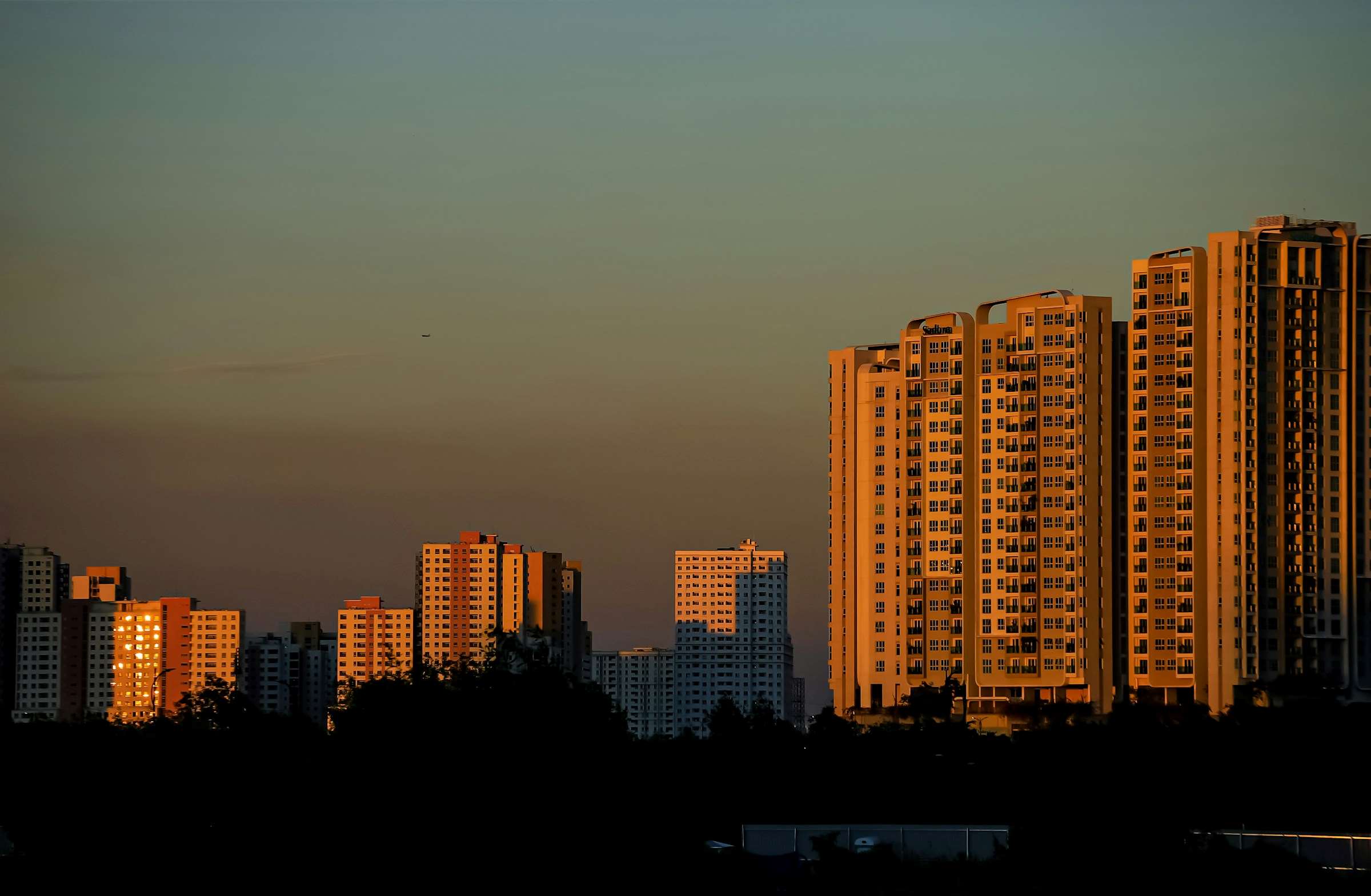Vietnam’s real estate sector is set for a dynamic year ahead, characterized by robust growth and intensified competition. Market analysts anticipate that 2025 will bring significant opportunities and challenges for stakeholders, driven by ongoing urbanization, favorable government policies, and evolving consumer demands.
The country’s real estate market has witnessed steady recovery and expansion following the global economic downturn. Key cities such as Ho Chi Minh City and Hanoi are expected to remain hotspots for development, with substantial investments flowing into residential, commercial, and industrial projects.
A notable factor contributing to the market’s vibrancy is the government’s focus on urban infrastructure development. Major projects, including transportation upgrades and smart city initiatives, are enhancing connectivity and making urban areas more attractive for both domestic and foreign investors. This infrastructure push is expected to spur demand across various real estate segments.
Residential real estate is projected to see continued demand, fueled by a growing middle class and increasing urban migration. Developers are targeting this demographic with diverse housing options, from affordable units to high-end properties, to cater to varying consumer preferences. Luxury apartments and green developments are also gaining traction among affluent buyers seeking sustainable and premium living spaces.
The commercial real estate segment is likewise poised for growth, particularly in office spaces and retail hubs. The resurgence of business activities post-pandemic and the influx of international brands are driving demand for modern office complexes and shopping centers.
Foreign direct investment (FDI) remains a crucial driver of the real estate market. Vietnam’s appeal as a manufacturing and business hub, coupled with favorable investment policies, continues to attract global players looking to capitalize on the country’s economic potential.
However, the market also faces challenges, including regulatory hurdles and rising competition among developers. Experts emphasize the need for innovation and strategic planning to navigate these complexities and sustain growth.
As Vietnam’s real estate market evolves, industry stakeholders are optimistic about its trajectory, underscoring the importance of adapting to changing market dynamics and leveraging emerging opportunities to remain competitive in this vibrant landscape.


